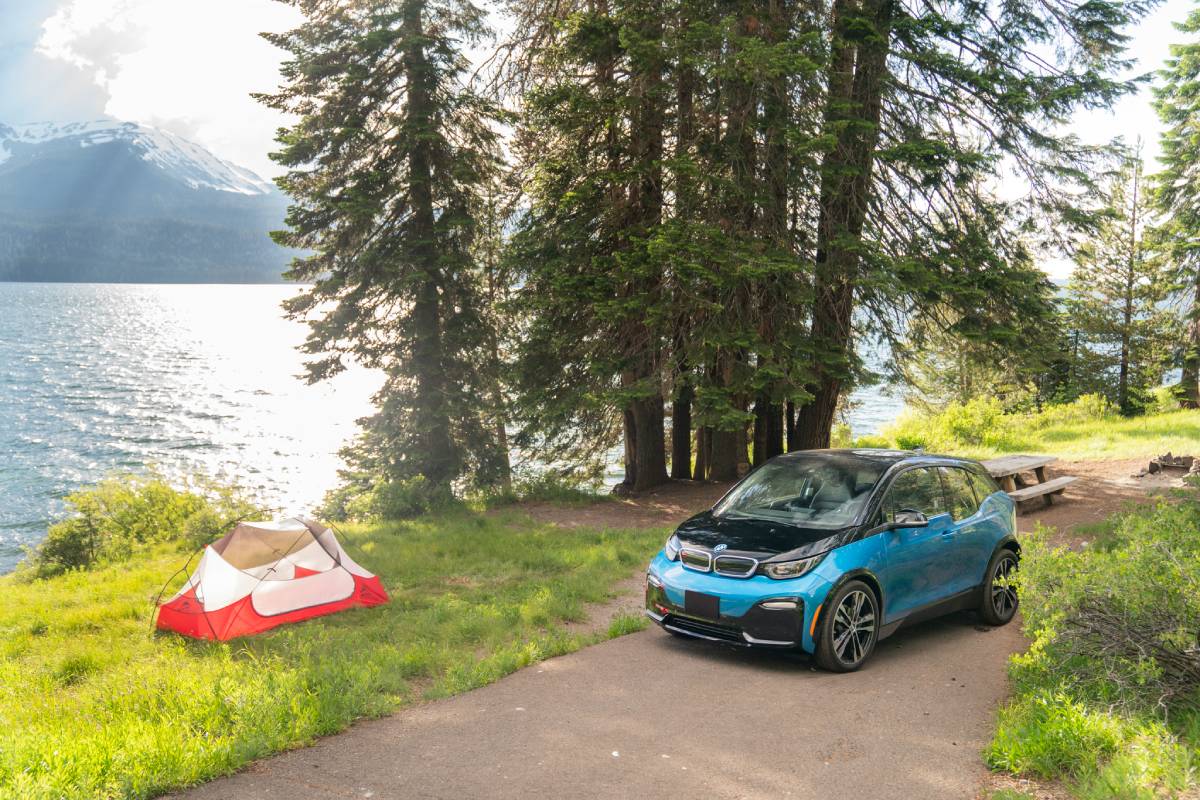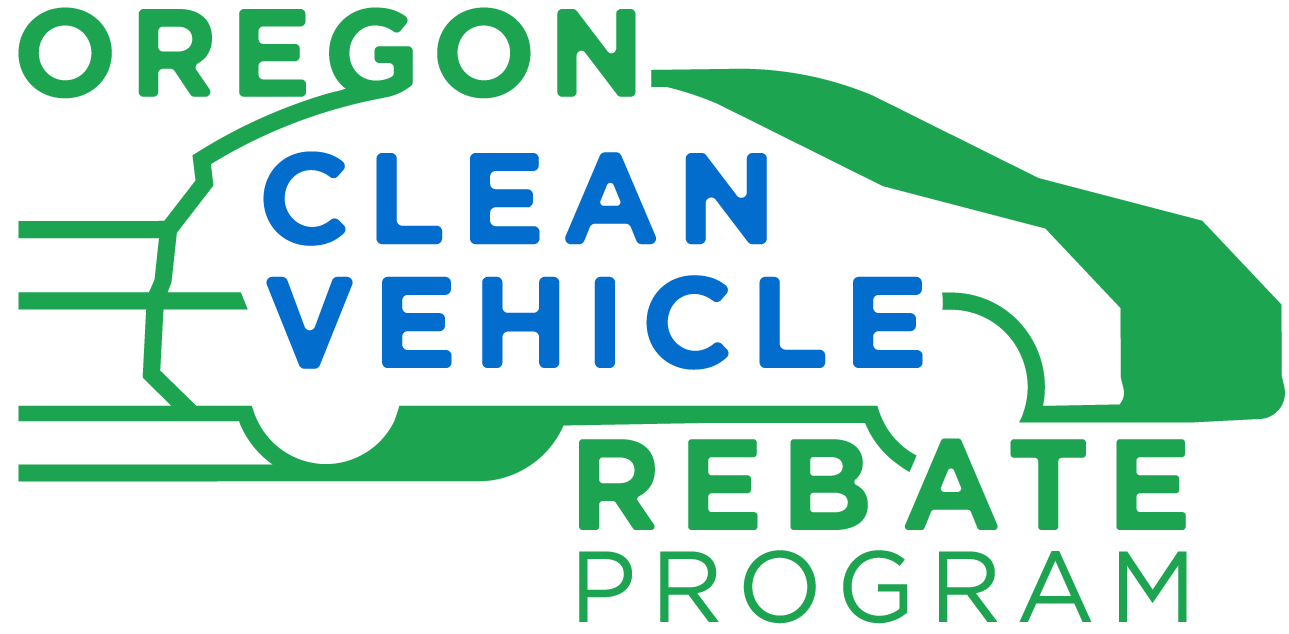
Electric cars drive much like traditional cars - the pedals, steering wheel and controls are the same. However, instead of only internal combustion engines, they are also powered partially or completely by rechargeable batteries. A battery electric car doesn't need gas, oil or transmission fluids - and require almost no maintenance costs.
Plug-in hybrid electric vehicles offer the zip of all-electric vehicles for shorter ranges, plus the convenience of a backup gasoline-powered engine to go longer distances.
Value and Reliability for Your Money

- Nearly three times cheaper than gas. It’s like paying $1 per gallon.
- Almost zero maintenance. Fewer parts and no transmission fluid or oil changes save thousands of dollars over the lifetime of the car.
- Charging is fast, easy and accessible. There are more than 1,600 public chargers in 600 locations across Oregon.
- Convenient. No more gas station - charge your car at home, much like your smartphone, at work or on the go at one of the many publicly available charging stations.
- Zero to 60 mph in seconds. In an all-electric car, power goes directly from the battery to the wheels, creating faster acceleration.
- Silence is golden. Electric cars are nearly silent at all speeds.
- Benefit to the environment. A battery electric car is oil-free and produces zero tailpipe emissions, while a plug-in hybrid greatly reduces the need to use gas. The batteries in both cars can be powered by renewable energy.
